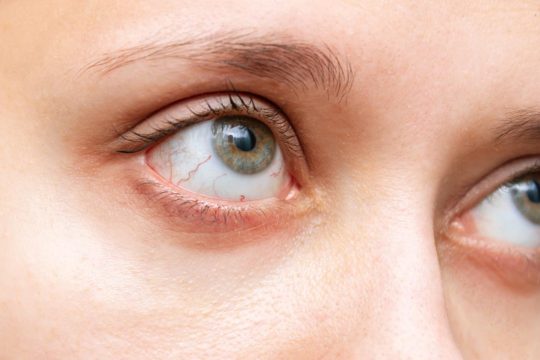Advertisment
Testosterone helpful in diabetic men
Insulin resistance in diabetic men with decreased sex hormones was reversed after testosterone replacement, researchers reported.
Type 2 diabetes patients with hypogonadotropic hypogonadism who received testosterone therapy had a significant 25% increase in insulin sensitivity after 24 weeks of treatment compared with patients who received placebo therapy (P=0.01), according to Sandeep Dhindsa, MD, of the State University of New York at Buffalo, and colleagues.
Also compared with patients treated with placebo, those who received testosterone therapy had a slight but significant improvement in lean mass (P=0.004), total fat (P=0.02), C-reactive protein (P<0.05), and free fatty acids (P<0.05), Dhindsa said at an oral presentation at the meeting of the American Association of Clinical Endocrinologists.
Dhindsa noted that one-third of men with diabetes have low testosterone and hypothesized that men with hypogonadism and diabetes were more insulin resistant than diabetes patients with normal testosterone.
The study analyzed the effect of testosterone replacement therapy in men with type 2 diabetes and hypogonadism on insulin resistance, lean body mass, fat mass, sexual function, and other serum levels in a study population of 81 male diabetes patients.
The authors defined hypogonadism as having a free testosterone concentration of less than 5 ng/dL with normal or low luteinizing hormone (LH) and follicle-stimulating hormone (FSH), which included 39 patients without and 42 patients with normal free testosterone concentrations.
Hypogonadal men were randomized to receive 250 mg of intramuscular testosterone or placebo (saline) every 2 weeks over 24 weeks.
Insulin sensitivity was calculated from the glucose infusion rate (GIR) during the last 30 minutes of a 4-hour hyperinsulinemic-euglycemic clamp (80 mU/m2).
Participants were well-matched between groups for age, FSH concentration, and testicle size. Body mass index (BMI) was significantly greater in the hypogonadal group (P=0.002), while total testosterone (P<0.001), free testosterone (P<0.001), sex hormone-binding globulin (P=0.008), and LH(P=0.02) concentrations were significantly greater in the eugonadal group.
After 6 months, GIR increased by 30% in the testosterone therapy group 4.1 versus 5.3 mg/kg/min,P=0.005), but did not change in placebo group (3.4 versus 3.5 mg/kg/min, P=0.88).
Change in GIR did not relate to increase in free testosterone (r=-0.16, P=0.68) or to a change in lean mass (r=-0.13, P=0.73) in the testosterone group.
Insulin sensitivity increased significantly after 24 weeks of testosterone treatment (P=0.01), compared with nonsignificant worsening of insulin sensitivity after 24 weeks in those treated with placebo.
After 24 weeks of treatment, participants receiving testosterone replacement therapy had significantly higher concentrations of total (P=0.001) and free testosterone (P<0.001), however their mean testicle size shrunk significantly (18 mL versus 14 mL, P=0.02).
There were no significant changes in the testosterone therapy group in sex hormone-binding globulin concentration, BMI, or prostate-specific antigen after 24 weeks of treatment, and there were no significant changes in any measures for patients in the placebo group.
There were no significant changes between placebo and hormone treatment groups in total cholesterol, high density and low density lipoprotein (HDL and LDL) cholesterol, triglycerides, glycated hemoglobin (HbA1c), sexual desire, and satisfaction with erections. However, HbA1c, sexual desire, and satisfaction with erections approached significance after 24 weeks for patients in the treatment arm (P=0.05 for all).
Serum concentrations of insulin, insulin resistant (HOMA-IR), free fatty acids, C-reactive protein, and leptin significantly decreased after 24 weeks of testosterone therapy (P<0.05).
Richard Auchus, MD, of the University of Michigan in Ann Arbor, commented that the study was “an interesting addition to our knowledge base, but there are some factors that make me wonder if applies to all patients equally.”
He pointed out that the testosterone therapy group’s insulin sensitivity was higher than in the control group’s at baseline, which may have been an error of matching.
Dhindsa noted that sensitization to insulin from testosterone may be mediated by suppression of free fatty acids, the protein SOCS-3, and IKKβ, “all of which are known to interfere with insulin signaling.”
The authors declared no conflicts of interest.
Reference:
Dhindsa S, et al “Testosterone replacement increases insulin sensitivity in hypogonadal men with type 2 diabetes”AACE 2013; Abstract 280.





